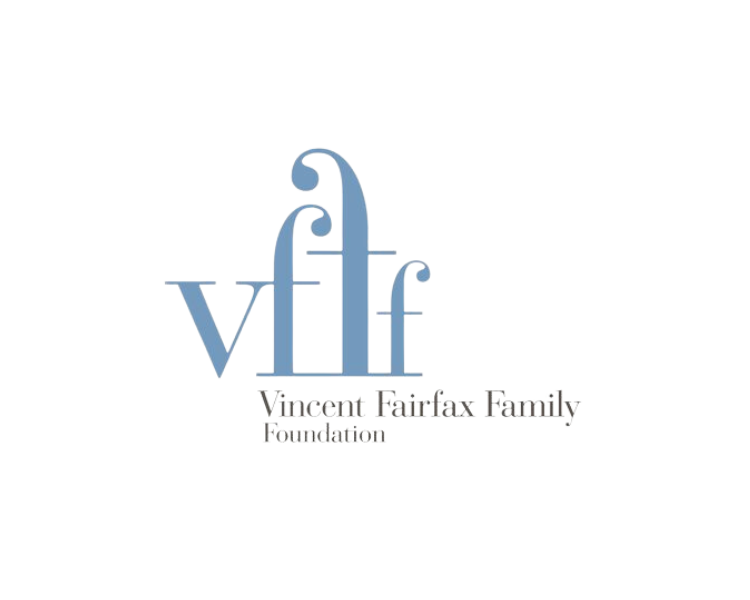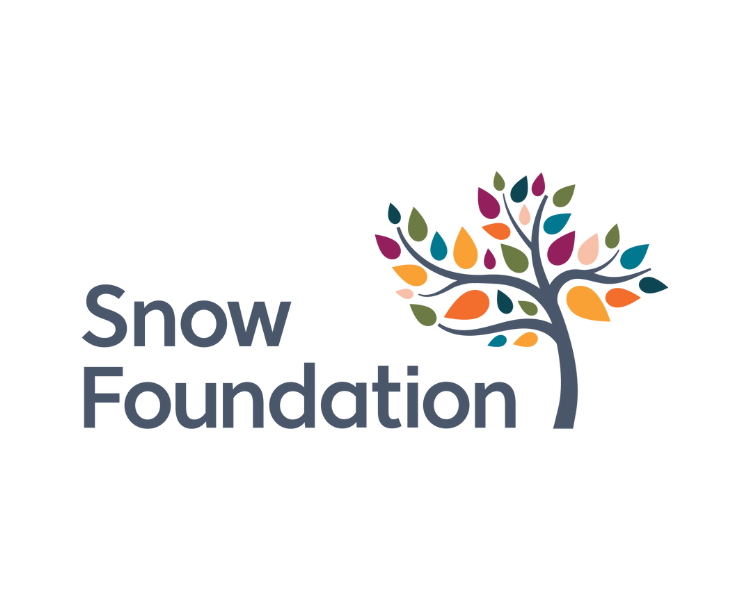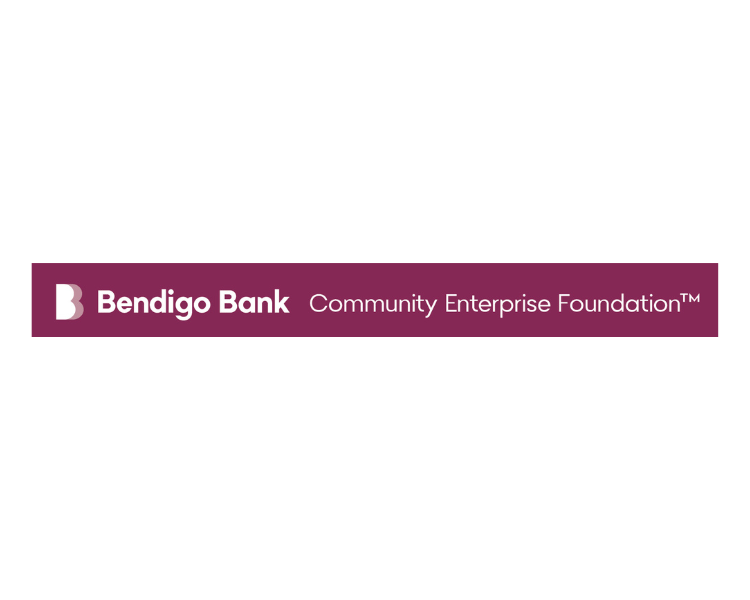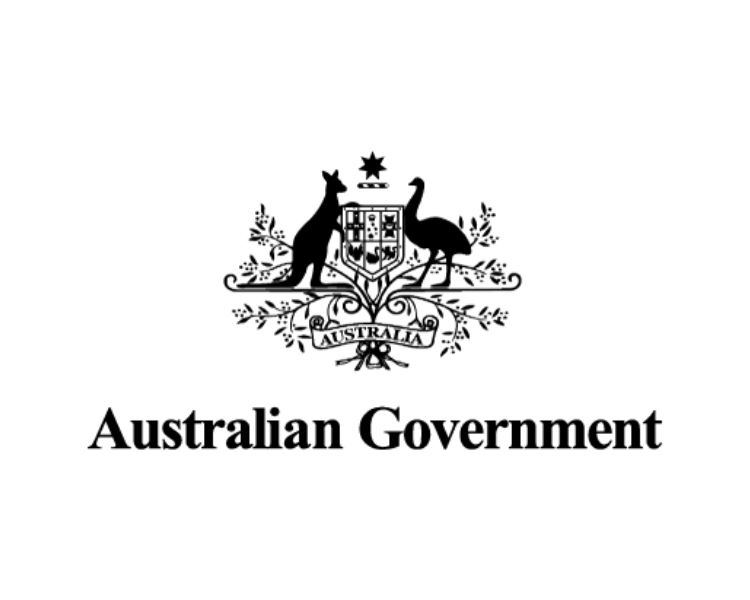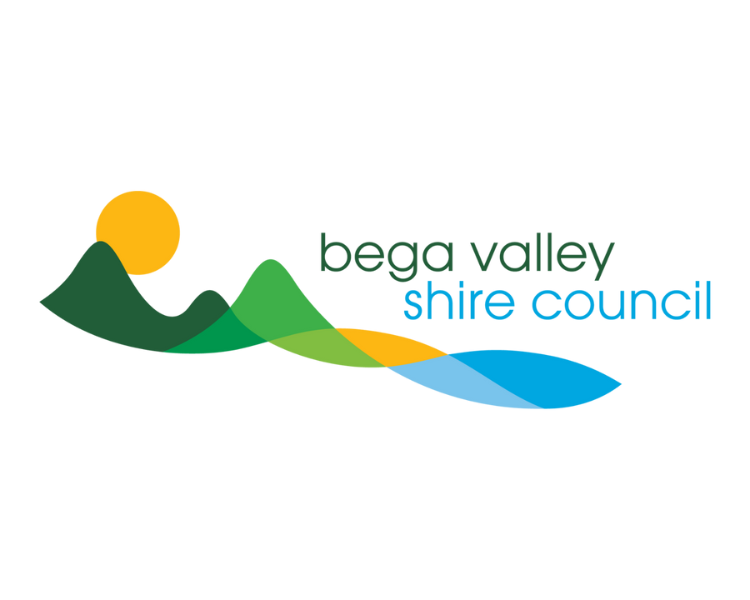Investing in Rural Community Futures Program
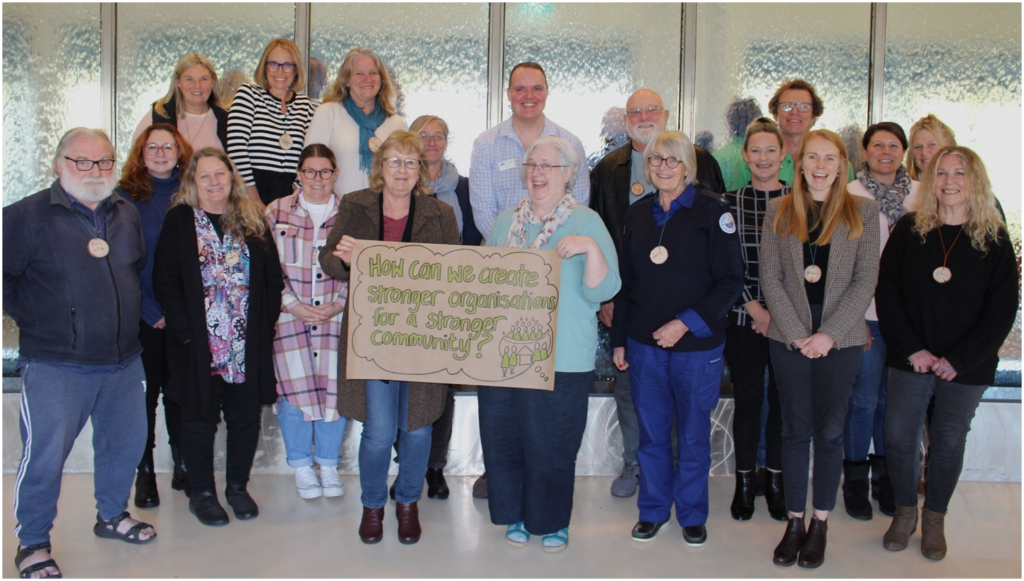
Investing in Rural Community Futures is a grassroots program aimed at building and supporting the capacity of not-for-profits in six specific communities. By working locally over five years, it aims to strengthen local not-for-profit (NFP) organisations and ultimately enable them to thrive, which in turn will have a positive impact on community well-being.

This program is for partner communities only, and not for public application.
Proudly supported by
The multi-year program began in 2018 when the Vincent Fairfax Family Foundation (VFFF) partnered with FRRR to work alongside local not-for-profit (NFP) organisations in three communities – Leeton, Junee, and Nambucca Valley. The IRCF VFFF program has helped these communities identify where support is needed and to provide regular opportunities for community discussion and planning for the future.
Through the Investing in Rural Community Futures (IRCF) program, FRRR is currently supporting a range of initiatives in these towns including organisational governance, communications and marketing, technology upgrades and fundraising strategies. By supporting such initiatives, FRRR and VFFF seek to invest in the long-term viability of the local NFP sector.
With the support of the Snow Foundation and Bendigo Bank, FRRR was able to roll out the program to the NSW South Coast region, with a focus on boosting the confidence, ability and skills of NFPs in Ulladulla, Batemans Bay, Nowra and Bay & Basin. The Australian Government has provided additional funding to expand the program in the Shoalhaven region.
In 2022 the IRCF program was further expanded into the Bega Valley thanks to the Australian Government’s Black Summer Bushfire Recovery Program. In partnership with the Bega Valley Council, the IRCF Bega Valley – Resilience Connection and Place Project will support the NFP sector to identify common areas of interest, shared assets and needs for capacity building.
IRCF Victoria
The program is now coming to three Victorian communities, thanks to the support of four philanthropic organisations – Helen Macpherson Smith Trust, Jack Brockhoff Foundation, The Ross Trust, and William Buckland Foundation.
After an extensive research and community engagement process, drawing on the learnings and successes from the NSW program, FRRR has identified five Victorian communities as having the potential to achieve significant positive impact through the program: Colac; Hamilton; Maryborough; Portland; and Swan Hill.
To learn more about the next steps, read the Victorian Partnership Announcement or visit the IRCF Victoria program page.
Highlighting the value of local NFPs
The quality of life in a town – i.e. what makes it liveable – often depends on NFPs. They fill the gaps where there is most need. The IRCF program is based on the belief that local leaders are best placed to know what is going to make the biggest difference in their community. By supporting local solutions and using a multi-faceted approach, our overall aim is to build resilient and vibrant communities.
The IRCF program offers a toolbox of support, including access to a facilitator, grants, participatory planning processes, skill development, and external resources to strengthen community networks and foster social capital through community-led initiatives.
An overall IRCF Evaluation Framework has been developed to allow for reflection and promote adaptive responses, so as we move through the program, we will adjust to community need and allow for new solutions to local problems. This is also helping us refine our approach to working with communities more generally.
The evaluation focus will be on measuring the impact of the program, the change and effect on the capacity and sustainability of the individual NFP organisations, and on the communities overall.
Flexible Support
FRRR’s aim is to give these local not-for-profits the confidence, ability and skills to continue the great work they do, and to help them achieve their goals on an ongoing basis. From our work to date, we have identified that a successful local community sector is strong across four areas:
- People – leadership, succession planning, volunteer recruitment and retention, training and development
- Not-for-profit structure and internal systems – legal compliance and capability, human resources, finance, policy and procedures, small scale infrastructure
- Strategy – developing organisational plans and strategies, fundraising and revenue, accessing opportunities that are fit for purpose, implementing key capacity building initiatives identified in NFPs strategy
- Efficiencies – local solutions, networking, creativity and responsiveness, collaboration with NFP sector, sharing of resources, recognise that efficiencies can be made due to excessive cost due to the remoteness of their location
The IRCF program therefore focuses on how best to strengthen local community groups in each of these areas.
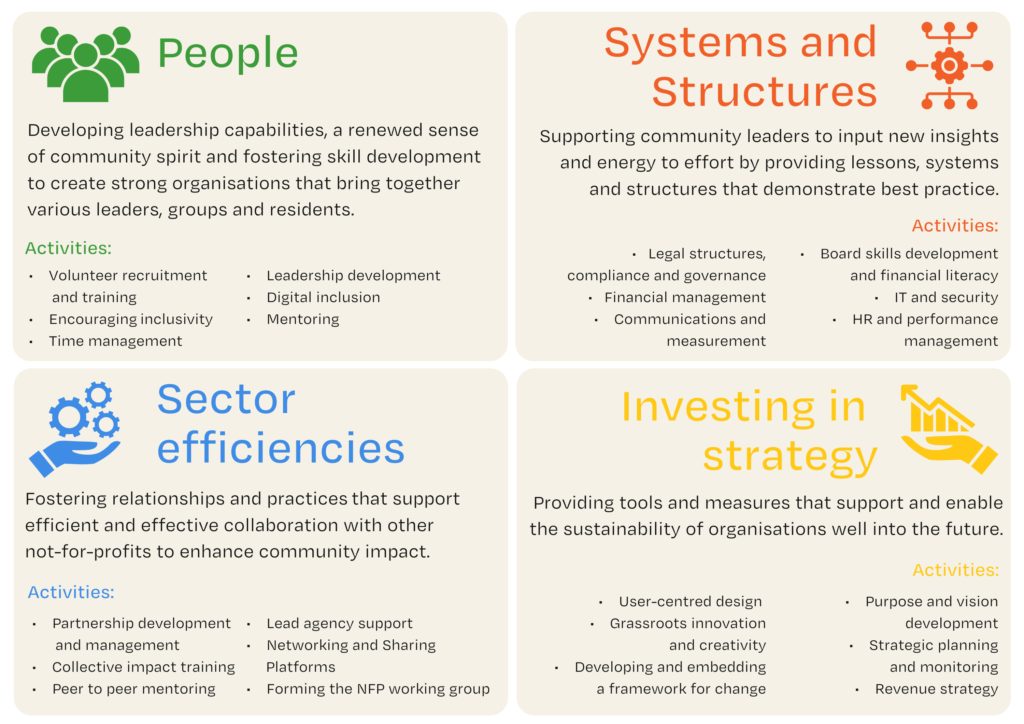
For more information on the Investing in Rural Communities program, please contact IRCF Program Managers Carolyn Ardler (NSW sites), or Jo Kemp (VIC sites).

